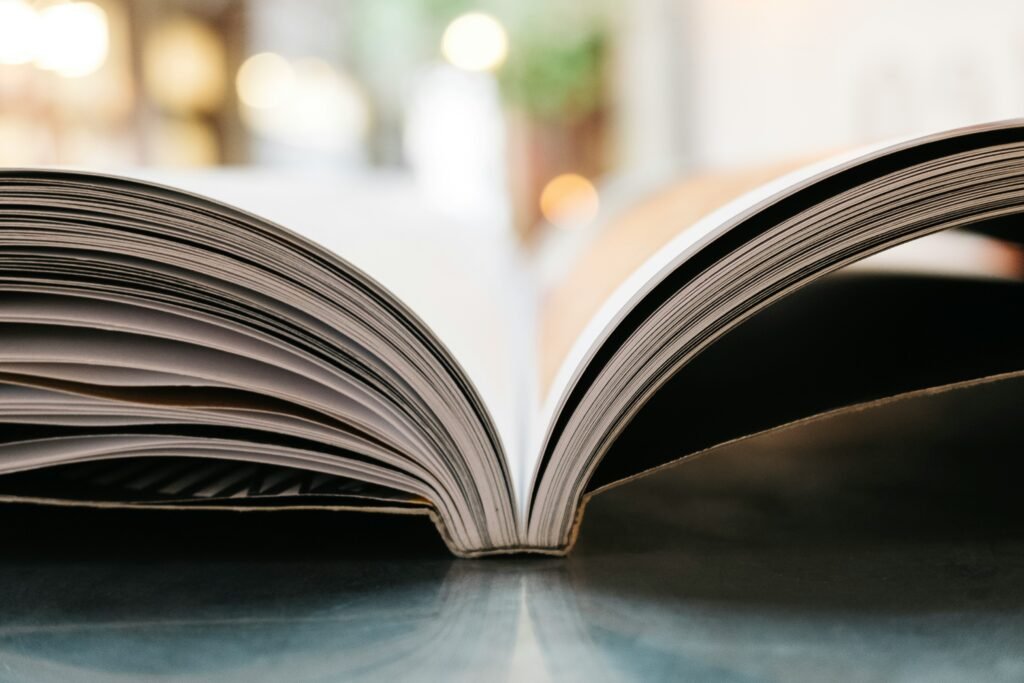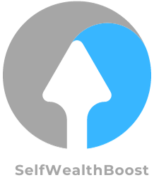
Reading looks humble: a few pages here, a chapter there. Yet those quiet minutes compound into massive gains—sharper focus, better language, deeper creativity, stronger empathy, wiser decisions, and even better recovery. Reading is the most affordable, flexible, and sustainable self-development tool you can use every day.
Why Reading Matters More Than Ever
We live in an age of constant stimulus—feeds, pings, and clips that are fast but rarely deep. Reading is the antidote. It asks you to stay with a thought, see connections, and turn information into meaning. In a world competing for your attention, deep reading isn’t just nice to have; it’s a competitive advantage.
Cognitive Benefits: Think Sharper, Decide Better
- Focus and working memory: Longer texts train your attention span. Regular readers sustain deep work longer—an edge in any career.
- Knowledge networks: Books compress decades of experience into hours, helping you build mental maps that make new topics easier to learn.
- Better decisions: Nonfiction and biographies provide models and heuristics. You skip trial-and-error by borrowing others’ hard-won lessons.
Language, Expression, Thought: Words Are Tools
- Vocabulary and precision: Reading expands the words you can actively use, making you clearer and more persuasive—personally and professionally.
- Writing skill: Exposure to strong prose teaches rhythm, argument, and imagery. The best writing school is great reading.
- Clarity of thought: Clear reading leads to clear thinking, and clear thinking leads to communication that actually moves people.
Emotional and Social Intelligence: Build Empathy
Fiction isn’t a luxury—it’s a simulator for perspective-taking. Stories let you inhabit other minds, sense motives, and read subtext. That grows empathy, improves conversations, and reduces conflict—in teams, relationships, and daily life.
Stress, Sleep, Recovery: Reading as a Wind-Down Ritual
A physical book at night flips a nervous-system switch: dimmer light, slower pulse, thoughts settling. Just 10–20 minutes can round off the day, quiet rumination, and support better sleep. Reading is “active rest”: restorative without numbing you out.
Creativity and Problem Solving: Connect Ideas
New ideas rarely appear from nowhere—they emerge from new combinations. Reading fills your internal idea pool. The more diverse your inputs, the more your brain links patterns across disciplines. That’s where innovation happens.
Career and Learning: Compound Interest for Skills
- Domain knowledge: Current books, essays, and papers keep you ahead.
- Meta-skills: Productivity, leadership, communication, negotiation—books are self-paced intensive courses.
- Long-term edge: 20–30 pages a day means 20–30 books a year. That’s a serious knowledge advantage—time, not money, is the only cost.
Mindset: Self-Efficacy and Patience
A reading habit is a quiet vote for your identity: I am someone who keeps learning. That identity builds discipline, protects you from trend-chasing, and strengthens the sense that you’re actively shaping your life.
How to Build a Strong Reading Habit
- Make it tiny (2–10 page rule): Start comically small. A guaranteed daily win beats sporadic marathons.
- Anchor times:
- Morning: 10 minutes before the first screen.
- Midday: 1–2 chapters instead of doomscrolling.
- Evening: 15–20 minutes as a sleep ritual.
- Reduce friction, increase visibility: Keep your book visible, bookmark handy, and select your next book in advance.
- Choose the right format:
- Print for deep focus and bedtime reading.
- E-reader for commuting and easy highlights.
- Audiobook for walks, chores, and travel (try 1.2–1.5× speed).
- Curate reading “channels”: Keep 2–3 parallel tracks, e.g., (a) work/skill, (b) health/training, (c) fiction/story. Mood decides; momentum continues.
- Lightweight notes:
- Three-sentence summary per book.
- Five key ideas as bullets.
- One action to test.
That’s enough to lock in retention and transfer.
- Limit your TBR stack: Cap at three open books. Too much choice kills momentum.
- Add social accountability: A tiny book club with friends or a monthly share in a group—pressure low, consistency high.
- Optimize your environment: Good lamp, comfy chair, phone in another room. Small tweaks, big impact.
- Celebrate consistency, not page counts: A missed day is feedback, not failure. The superpower is returning tomorrow.
What Should I Read? A Simple Selection Framework
- Goal → Book: What do you want to improve in the next 90 days? Choose one or two titles that help directly.
- Barbell approach:
- Light & inspiring (stories, biographies, essays) to keep flow.
- Heavy & useful (technical, classics) to build depth.
Reading both in parallel sustains joy and substance.
- Deliberate diversity: One book per quarter outside your bubble—science, history, art, philosophy. Fresh inputs spark new ideas.
Fit Reading Into Real Life: Micro and Macro Strategies
- Micro: Upgrade idle time (waiting, transit, coffee breaks). Always carry a “pocket text.”
- Macro: Weekly deep-reading blocks (e.g., two 60-minute sessions on the weekend), phone on airplane mode, note card at hand.
- Habit stacking: After training, read 10 pages to decompress; Sunday morning coffee plus 30 pages of fiction. Pair reading with existing routines.
Common Roadblocks—and How to Beat Them
- “No time.” Time isn’t found; it’s made. Trade 15 minutes of social media for 15 minutes of a book.
- “I fall asleep.” Read earlier in the day, sit upright, choose lighter material at night.
- “I forget what I read.” Use the 3-sentences/5-bullets/1-action notes. Review takes minutes, not hours.
- “I start many books, finish none.” The 25% rule: if it hasn’t clicked by a quarter of the way through, drop it guilt-free. Reading is voluntary, not a chore.
Make Progress Visible
- Track pages or minutes per day (paper calendar or app).
- Create a one-pager per book with highlights and applications.
- Do a quarterly review: What shifted in thinking, language, and decisions? Which idea did you implement?
The Quiet Lever: Identity Before Outcome
You don’t read to tally pages. You read because you want to be the kind of person who stays curious, listens well, thinks deeply, and acts wisely. Outcomes follow identity—at work, in training, and in relationships.
Conclusion: Reading Is the Cheapest Life Multiplier
A book costs less than a dinner out but can influence decisions, career, health, and relationships for years. Reading isn’t a side hobby; it’s a keystone ritual for a deliberate, effective life.
Call-to-Action:
Pick one book each for (a) a skill, (b) health, and (c) fiction. Schedule three anchor windows of 10–20 minutes for the next 14 days. Use the 3-sentences/5-bullets/1-action note. In two weeks, expect more focus, richer conversations, and fresh ideas—not because you found extra time, but because you used time better.
